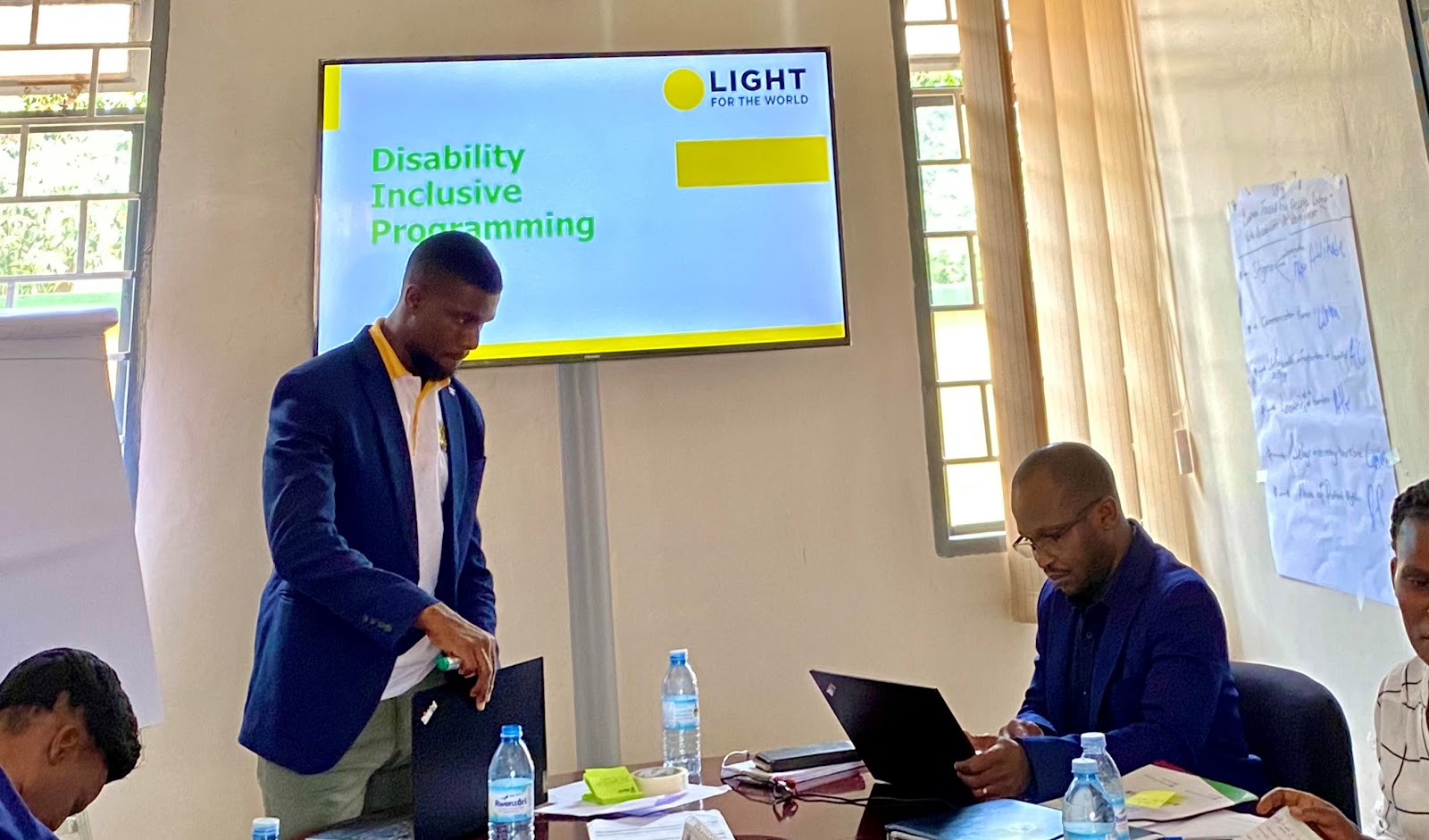Seven Evidences About Menstrual Health Management
Globally, 2.3 billion Adolescent girls’
lack basic sanitation services and in Least Developed Countries only 27 per
cent of the population has access to clean sanitary Pads and (WASH) facilities
with water and soap at home and schools. Managing their Menstrual periods at school
is a major challenge for adolescent girls who lack these basic facilities.
The challenge menstruating girls
and women face is often less tangible than simply the availability of
infrastructure, and is rooted in social norms and beliefs. In many cultures,
menstruating girls are considered impure and are systematically excluded from
participating in every-day activities, such as education
Moreover, the taboos and stigmas
attached to menstruation lead to an overall culture of silence around the
topic, resulting in limited information on menstruation and menstrual hygiene.
Such misinformation can have ramifications on the health and dignity of girls
and women. Below I present to you the;
Seven Evidences everyone should
know About Menstruation:
- Educating adolescent girls and boys before their first period, importantly boys on menstruation, builds their confidence, contributes to social solidarity and encourages healthy habits. Such information should be provided at home and at schools.
- Many girls and women have limited options for
affordable menstrual materials. Providing access to private facilities
with water and safer low-cost menstrual materials could reduce urogenital
diseases.
- Girls and women with disabilities face additional
challenges with menstrual hygiene and are affected disproportionately with
lack of access to toilets with water and materials to manage their period.
- A number of adolescent girls do not have access to
sanitary ware to manage their menstruation, especially in times of emergency -natural
disasters and conflicts.
- Poor menstrual hygiene can pose physical health
risks and has been linked to reproductive and urinary tract infections, many
girls and women have limited options for affordable menstrual materials.
- About half of the schools in low-income countries
lack adequate Wash facilities crucial for girls and female teachers to manage
their period. Inadequate facilities can affect girls’ experience at
school, causing them to miss school during their period.
- We should all work with local communities, schools
and governments to research and provide information about menstruation,
promote positive hygiene habits and break down taboos.
Given the multiple challenges adolescent girls face, it is evident that we should all strive at promoting menstrual hygiene management (MHM) not only as a sanitation matter; but also as an important step towards safeguarding the dignity, bodily integrity and overall life opportunities of women and girls.
Earlier this Month , We carried out a Girls must go back to school campaign where we distribute sanitary pads to over 200 Girls, and educated primary seven adolescents girls and boys on how to manage menstrual health - This happened in Slum communities schools of Kampala Uganda





Comments
Post a Comment